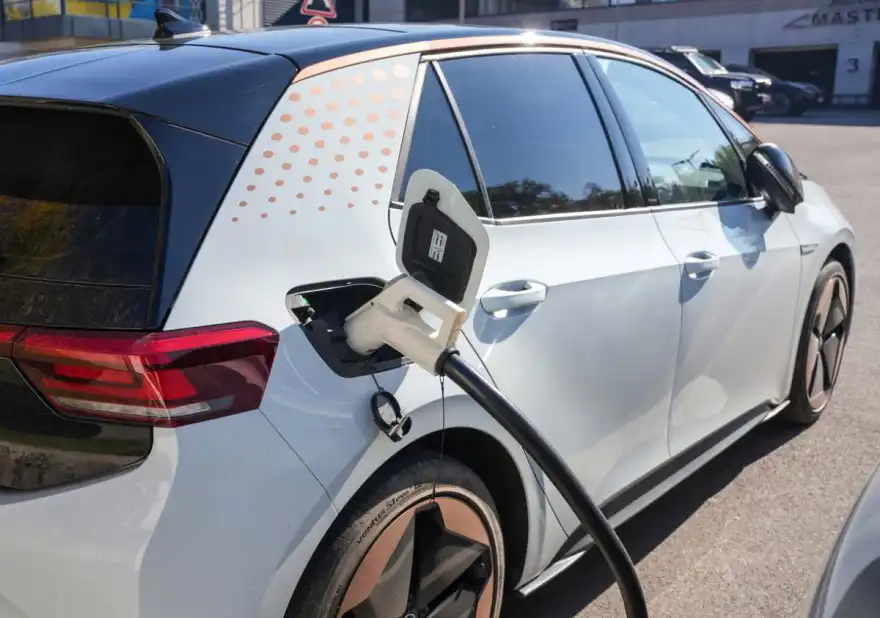
Experts are concerned that pay-per-mile road pricing could discourage people from buying EVs, potentially slowing down the UK’s progress towards achieving net-zero emissions. A report from New AutoMotive, titled "Vehicle Taxation: The Next 25 Years," warns against this policy, citing evidence from countries like Iceland and New Zealand where similar measures reduced EV sales.
The report suggests the UK should avoid pay-per-mile road pricing, as it could negatively impact the adoption of electric vehicles. Instead, it recommends more straightforward reforms, such as modest fuel duty increases for petrol and diesel cars, which would help fund the EV transition without discouraging potential buyers.
New AutoMotive highlights that air pollution and greenhouse gas emissions will naturally decline as more drivers switch to EVs. However, new tax measures, like pay-per-mile pricing, could slow this shift. It also argues that EVs contribute less to road wear and congestion than previously thought.
Ben Nelmes, CEO of New AutoMotive, argues that taxing EVs as if they are a burden is misguided. He suggests that modest reforms, such as a gradual increase in fuel duty, would help maintain public revenue while supporting the move to cleaner transport.
The report proposes a two-pence fuel duty increase every three years for petrol and diesel vehicles, ensuring drivers continue to pay for their emissions. It also notes that freezing fuel duty hasn’t significantly slowed decarbonization, suggesting this gradual approach is a viable option.
Pay-per-mile pricing, if implemented, would replace the current Vehicle Excise Duty system, which has been in place for over 100 years. However, New AutoMotive believes this change would be counterproductive for the UK's EV goals.


